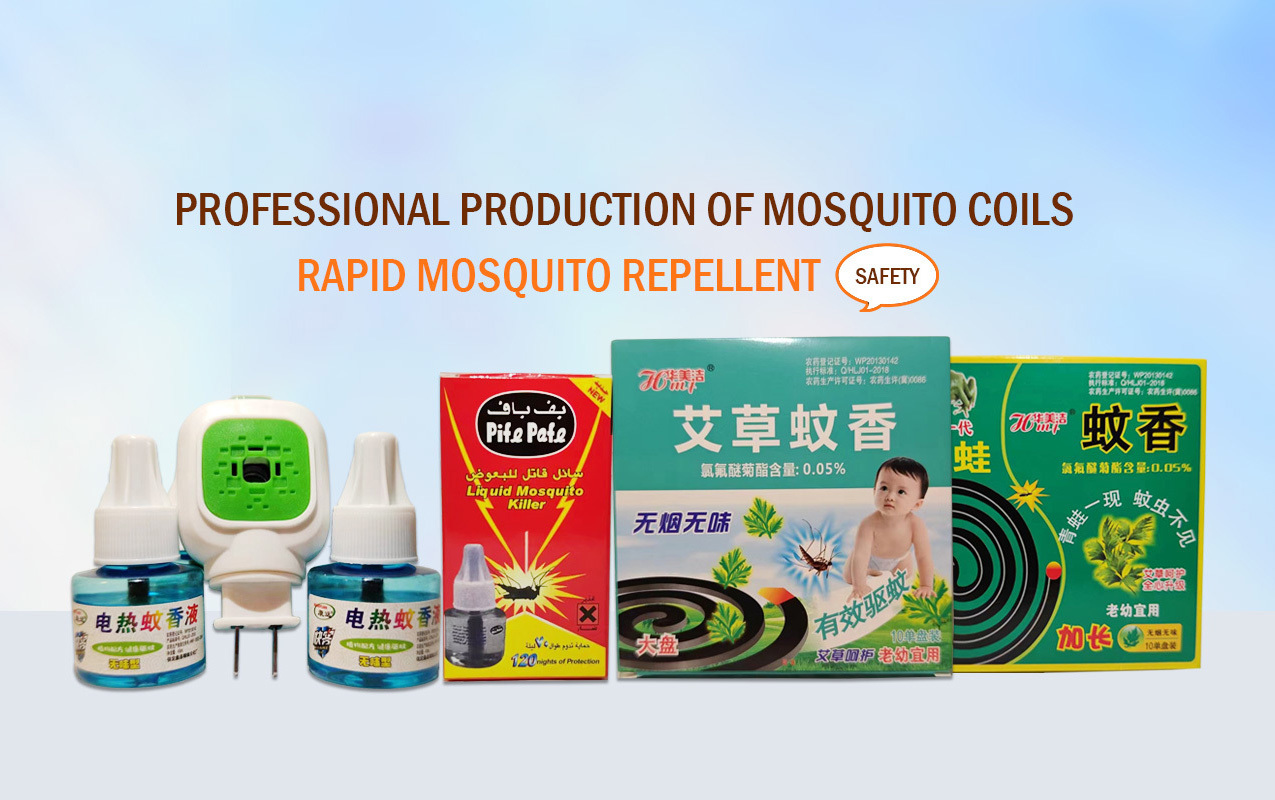Understanding Insect Killer Sprays: Essential Insights for Agricultural Professionals
2025-03-12

Insect killer sprays are essential tools in the realm of agriculture, particularly for professionals focused on maintaining the health and productivity of crops. These products are formulated to eliminate a wide range of pests that can damage plants and reduce yield. Understanding the components and application methods of insect killer sprays can significantly enhance their effectiveness and contribute to sustainable agricultural practices.
One of the primary types of insect killer sprays is contact insecticides. These sprays work by targeting pests on contact, disrupting their nervous system and ultimately leading to their demise. This immediate action is beneficial for managing sudden pest outbreaks. However, it is crucial to apply these sprays when pests are actively feeding on plants to ensure maximum efficacy. Timing, weather conditions, and pest life cycles play significant roles in the success of contact insecticides.
Another category of insect killer sprays includes systemic insecticides. These compounds are absorbed by the plant and transported throughout its tissues, making it toxic to insects that feed on it. Systemic insecticides can provide longer-lasting protection as they remain active within the plant for an extended period. However, careful consideration should be given to their use, as they can also affect beneficial insects and pollinators.
When selecting an insect killer spray, it is essential to consider the target pest and the developmental stage of both the pest and the crop. Some sprays are more effective against specific pests and life stages, while others might have a broader spectrum of activity. Conducting thorough pest identification and monitoring can inform the choice of the most appropriate insecticide.
Application methods of insect killer sprays are also critical for achieving desired outcomes. Professionals typically use sprayers that allow for precise targeting of affected areas. It is advisable to apply sprays during cooler parts of the day to minimize evaporation and photodegradation of the active ingredients. Additionally, adhering to the manufacturer’s instructions regarding dilution rates and safety precautions ensures safe and effective use.
Moreover, integrating insect killer sprays into a comprehensive pest management strategy is vital. This includes practices such as crop rotation, the use of beneficial insects, and maintaining healthy plant conditions to reduce pest pressure sustainably. By adopting an integrated approach, agricultural professionals can not only enhance pest control but also promote environmental stewardship.
In summary, insect killer sprays serve as indispensable tools in agricultural pest management. Armed with knowledge about their composition, application, and integration into broader pest management strategies, professionals can significantly improve crop health and productivity. Understanding the nuances of these sprays will lead to more informed choices and successful pest management outcomes.
Recommend News
Contact Us
Leave Us A Message


